Category: Blogs
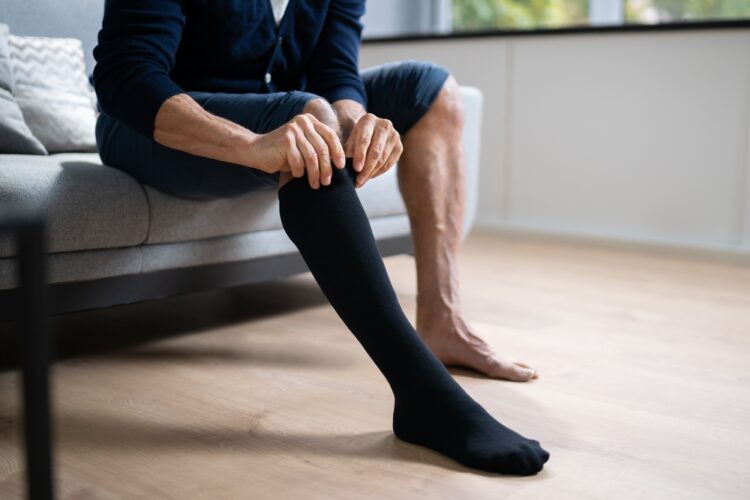
Varicose Veins in Men: Symptoms and Treatment
When it comes to home-related issues, there is nothing more frustrating than plumbing problems. An unnoticed leaking pipe can cause thousands of dollars of damage to your home, possibly making it unlivable. This is why plumbing is one of the professions with the highest pay. Your vascular system, or the veins throughout your body, is […]
Read more »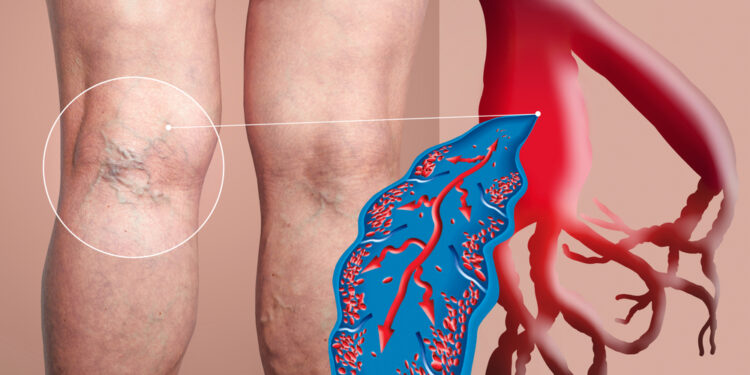
What Is Deep Vein Thrombosis?
Deep vein thrombosis (DVT) is when a blood clot forms in a deep vein, typically occurring in the legs. The clot can cause pain, swelling, or no symptoms at all. While a DVT isn’t always life-threatening, it’s essential to receive medical treatment as soon as possible to prevent any complications. Deep Vein Thrombosis (DVT) Explained […]
Read more »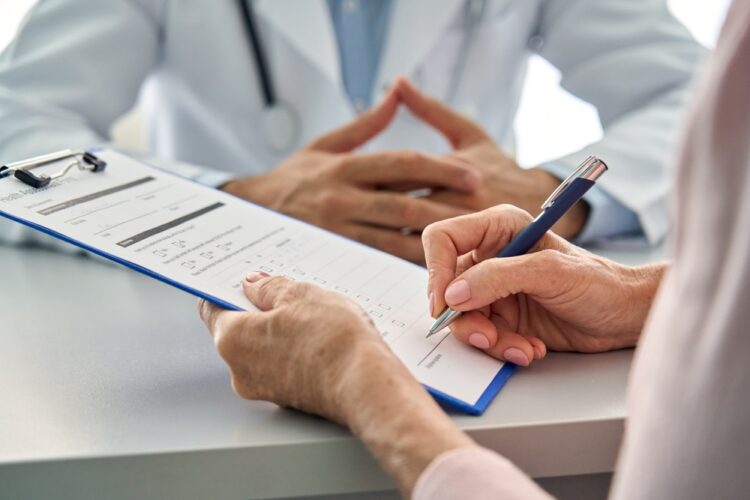
Does Insurance Cover Varicose Vein Treatment?
You’re ready to get your varicose veins treated but are concerned about the cost. Before you make an appointment, you may want to know if varicose vein treatment is covered by insurance. How much will your insurance plan cover, and how much will you pay out-of-pocket? And if it isn’t covered, how much does varicose […]
Read more »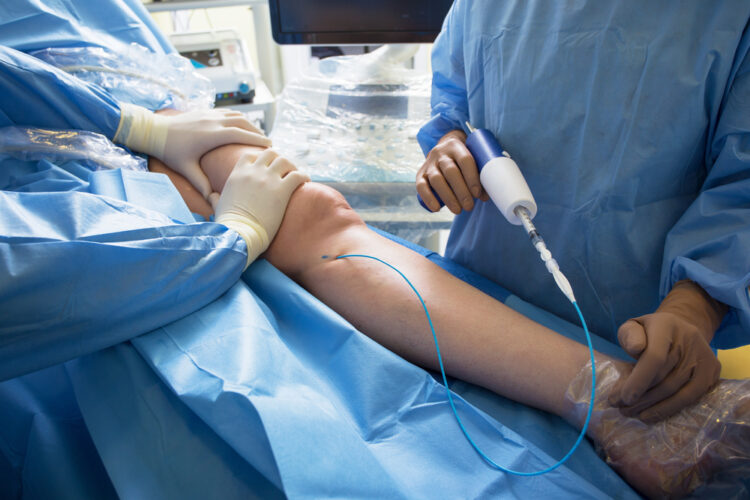
What Is a Vascular Surgeon?
A vascular surgeon specializes in treating disorders of the vascular system, which includes the blood vessels, arteries, and veins throughout your body. If you experience symptoms like pain, swelling, or numbness in your legs and arms, it may be time to consider a consultation with a vascular surgeon. Understanding the Role of a Vascular Surgeon […]
Read more »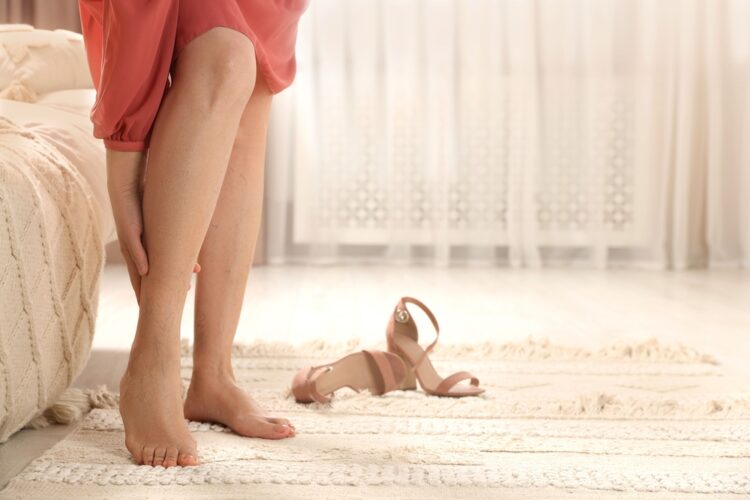
When Should I Start to Worry About Varicose Veins?
If you have varicose veins or experience symptoms like heaviness, cramping, itching, or leg pain, you may wonder when to worry about varicose veins. Are varicose veins harmful? What are the risks of varicose veins that you should worry about? Managing varicose veins proactively is one of the best ways to prevent complications. Here’s what […]
Read more »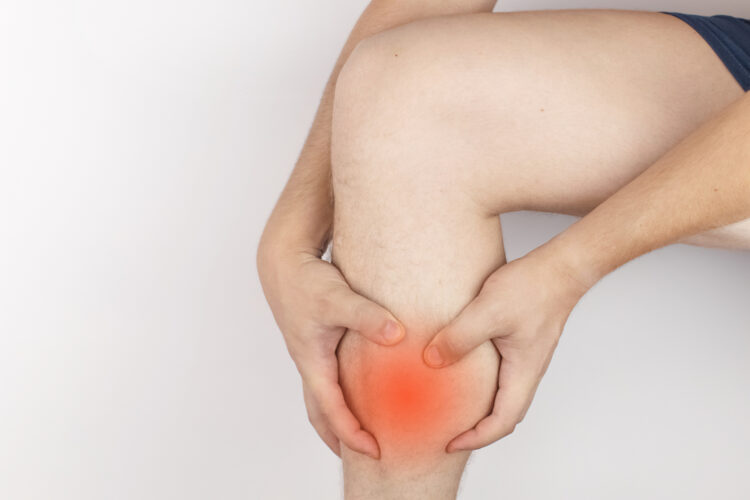
Ruptured Varicose Veins: Causes and Treatment
Often, those with varicose veins complain about their appearance. But veins can be more than just cosmetic. Occasionally, varicose veins can burst. While a burst varicose vein is not necessarily a medical emergency, you do need to seek medical attention as soon as possible to help resolve the issue and prevent it from getting worse. […]
Read more »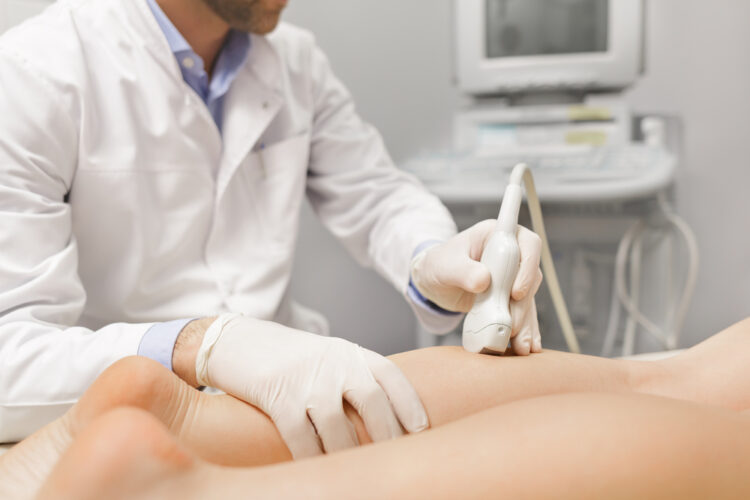
What Kind of Doctor Treats Varicose Veins?
When you have varicose veins and are thinking about treatment, one of your first questions will probably be what kind of doctor treats varicose veins. This is important to know as there are plenty of choices to consider. However, when it comes to the best varicose vein doctor, you’ll want to choose a vascular surgeon. […]
Read more »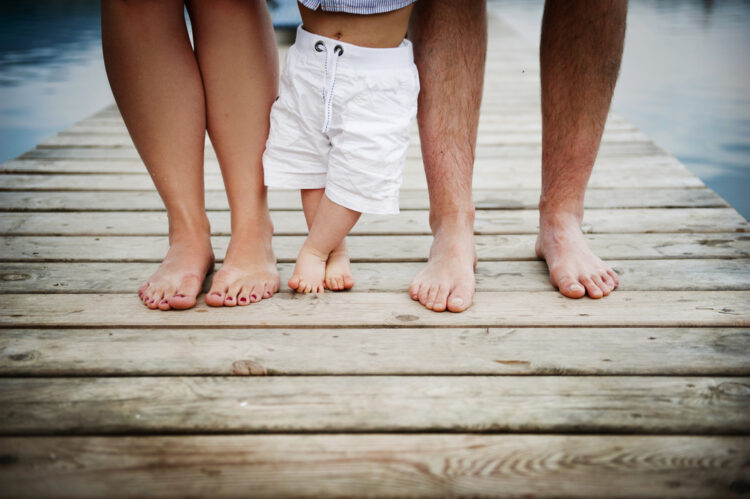
Are Varicose Veins Genetic or Hereditary?
Your grandma gave the best hugs and always made the most delicious apple pie. She had so many good qualities you remember about her, but you might also remember the purple and blue varicose veins that covered her legs. A question on your mind might be, if your grandmother and mother had varicose veins, would […]
Read more »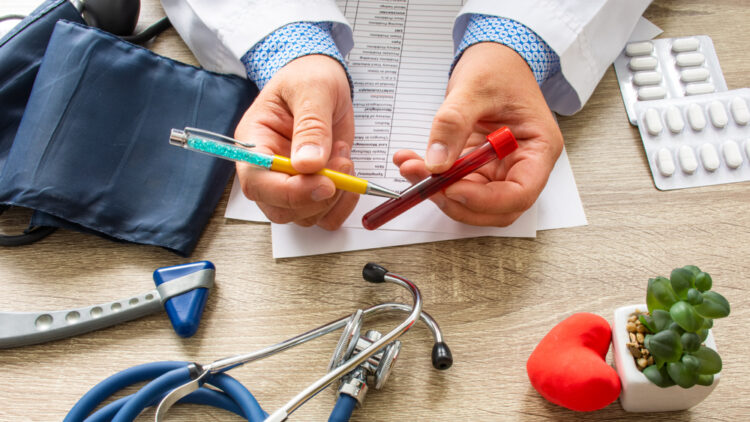
Can Varicose Veins Cause Blood Clots?
| Leave a CommentThe flow of blood throughout the body is an essential and delicate system responsible for nourishing tissues from head to toe. Any threat to regular blood flow has the potential to disrupt normal activities, cause pain, or create critical health issues. While varicose veins are enlarged, twisted veins resulting from malfunctioning vein valves, blood clots […]
Read more »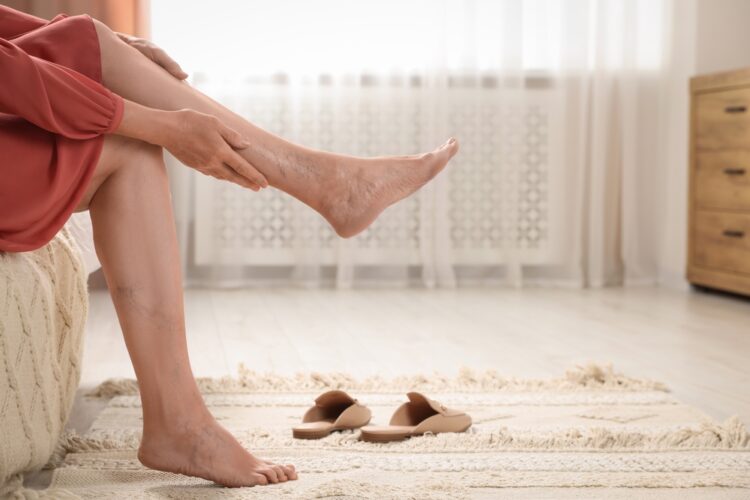
What Are the Stages Of Varicose Veins and Vein Disease?
Varicose veins are known as being unsightly, often bulging veins that may be blue or purple, and are often located in the lower extremities. While sometimes they’re just a cosmetic complaint, varicose veins can become uncomfortable and even painful. For some, they can eventually have more serious consequences that require medical attention. How do varicose […]
Read more »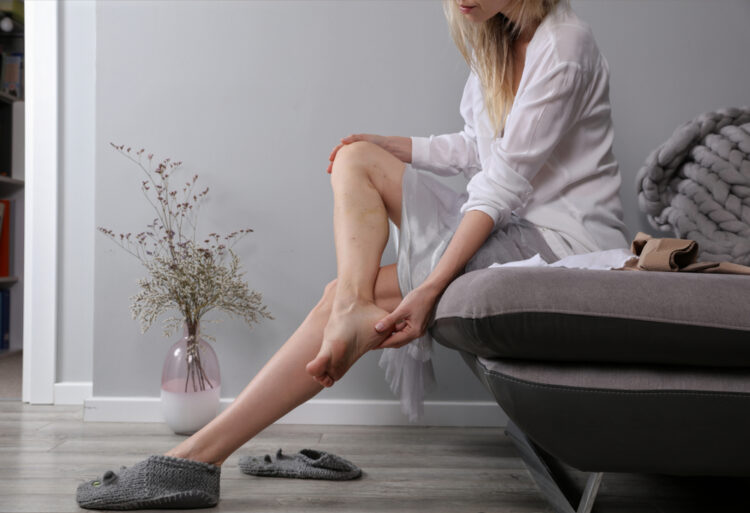
How to Prevent Varicose Veins: Tips and Expectations
While you can’t change the genetic factors that predispose you to have varicose veins, there are many actions you can take that can help prevent existing varicose veins from getting worse. To motivate you, the same lifestyle habits that can help prevent varicose veins will improve your health in a variety of other ways. What […]
Read more »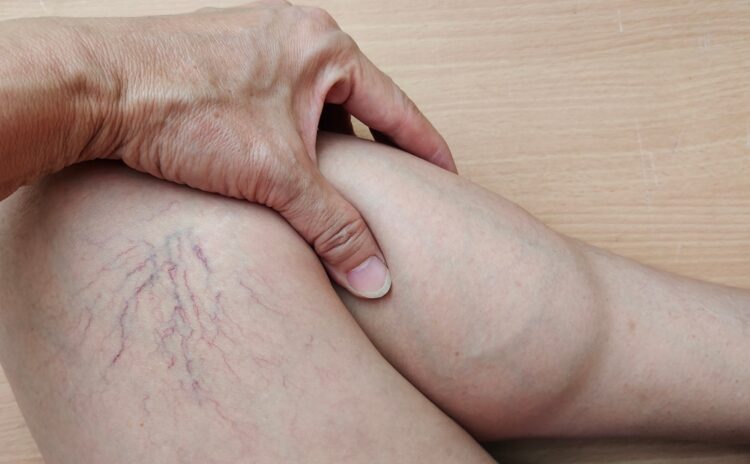
Do Spider Veins Go Away on Their Own?
If you have purple, red, or blue spider veins on your legs or other parts of your body, you may hope they go away on their own. But is it possible for them to heal over time? Can spider veins go away on their own? Or do you need treatment? There are some ways to […]
Read more »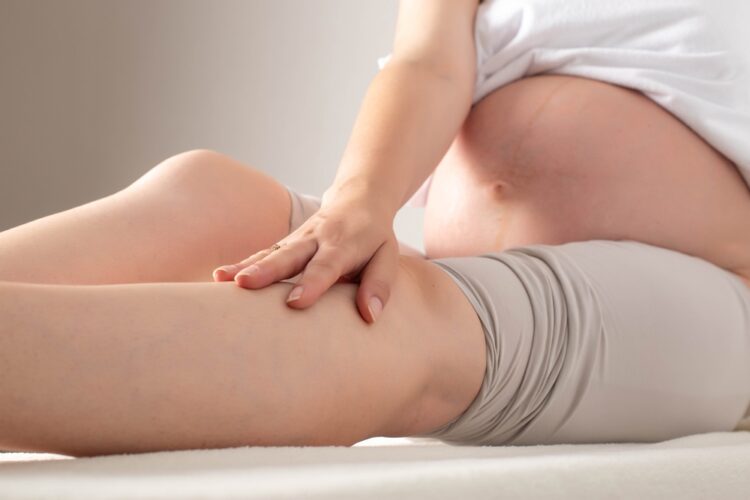
Varicose Veins During Pregnancy: What to Know
Varicose veins are common during pregnancy because of increased pressure on the circulatory system and poor blood flow. Unlike other types of vein conditions, varicose veins during pregnancy tend to resolve on their own within a few weeks to months after delivery. If you are currently struggling with varicose veins or want to know how […]
Read more »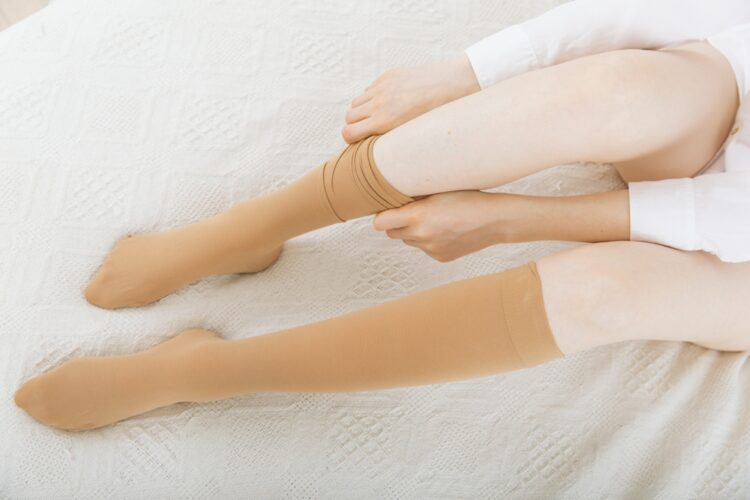
How Long Should You Wear Compression Socks?
Compression socks are used in compression therapy, a non-invasive treatment that helps manage the symptoms of poor blood circulation in the legs. Compression therapy uses snug-fitting socks or stockings to put pressure on the legs to improve blood flow. This is often a recommended first step in managing uncomfortable symptoms such as swelling, heaviness, or […]
Read more »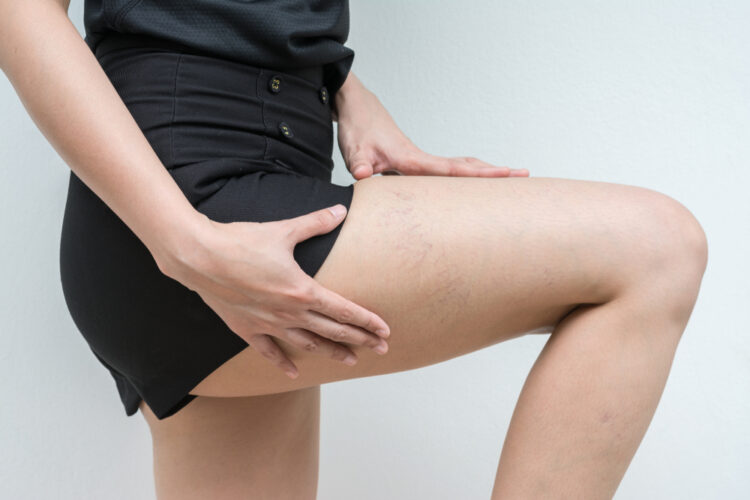
What Causes Varicose Veins?
| Leave a CommentVaricose veins can be uncomfortable, unsightly, and even painful. They can make it harder to sit or stand for prolonged periods, travel, or engage in certain activities that exacerbate them. But what is the cause of varicose veins? Many factors are involved, and if you’re struggling with them, you’re not alone. Understanding what causes varicose […]
Read more »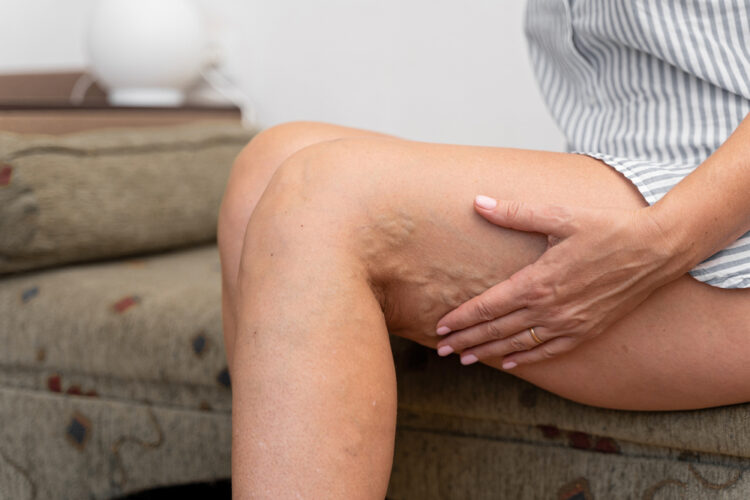
Are Varicose Veins Dangerous or Harmful?
Varicose veins are a common health problem that affects more than half of the population[1]. They’re predominantly a cosmetic issue, but symptoms of varicose veins can include pain, swelling, and discomfort for some people. So, are uncomfortable or itchy varicose veins dangerous? While not inherently dangerous, varicose veins can lead to complications like blood clots, […]
Read more »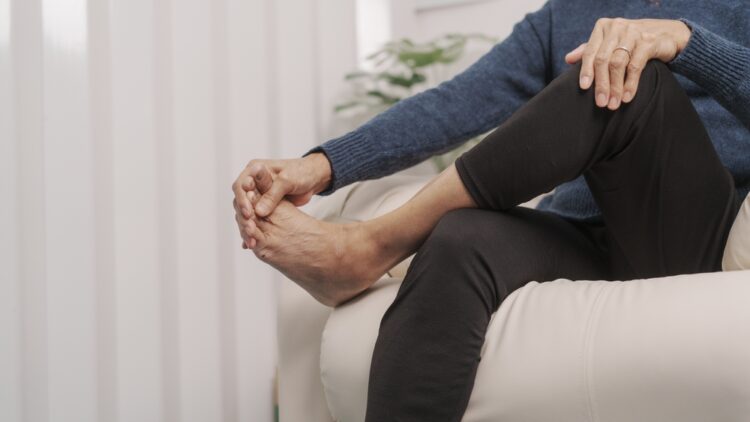
Varicose Veins Ankle Swelling: Causes and Treatment
After spending some time on your feet, you look down and notice your ankles feel uncomfortable and appear significantly bigger than they did this morning. What’s going on? If you have varicose veins anywhere on your legs, this can be a common cause of ankle vein swelling. What are the underlying reasons for varicose vein […]
Read more »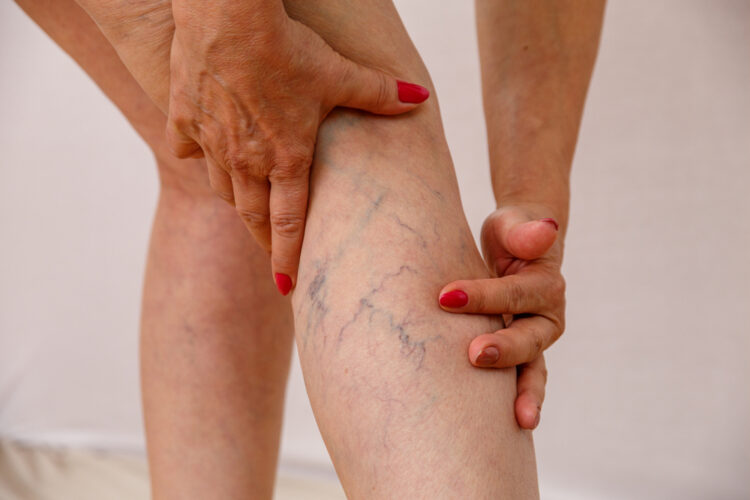
Can Varicose Veins Cause Leg Cramps?
Varicose veins come with a slew of symptoms that can be mildly annoying or downright disruptive to everyday life. Many people with vein disease complain of discomfort in their lower limbs, but do varicose veins cause leg cramps? Let’s explore the relationship between varicose veins and leg cramps and, most importantly, what you can do […]
Read more »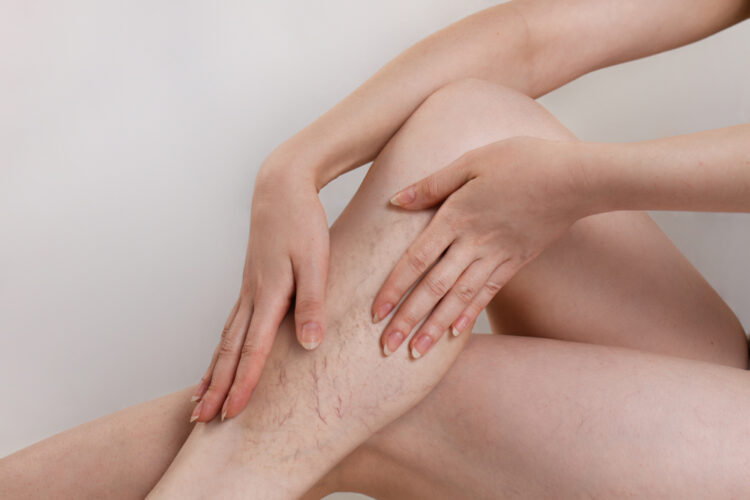
Leaky Vein In The Legs: What You Need to Know About Vein Valves
Countless people experience leaky veins in their legs, especially as they get older or through certain seasons of life. Perhaps you inherited vein-related issues from your parents or are dealing with the residual effects of an old injury. Either way, if you’re living with symptoms of leaky veins in your legs, you’re not alone — […]
Read more »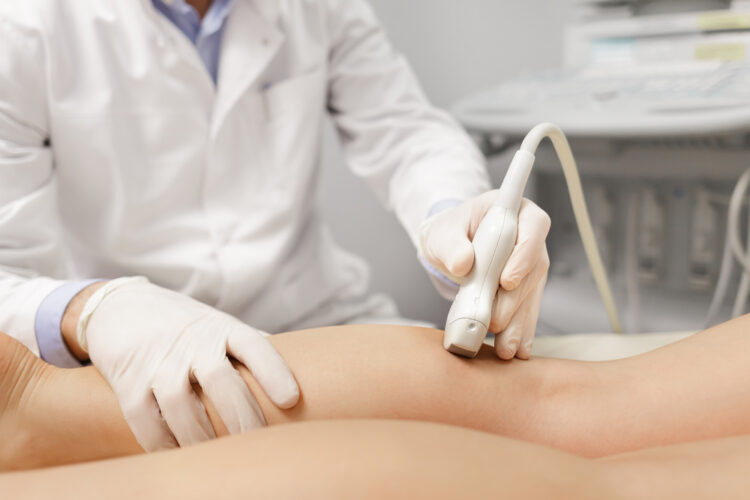
How Much Does Vein Treatment Cost?
At Empire Vein Specialists, we understand that your needs and goals for treating your varicose or spider veins are as individual as you are. We create individualized treatment plans by matching your desires for how you want to look and feel with the most effective treatments for your individual needs. The cost of vein treatment […]
Read more »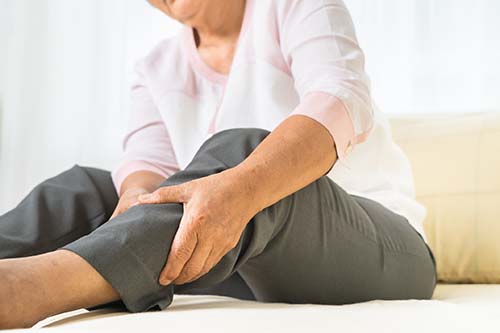
What is Venous Reflux Disease?
Venous reflux disease is a common condition affecting the leg veins in which the normal mechanisms that help push blood back to the heart, such as the vein valves and the pumping effects of the calf muscles, are impaired. As a result, blood flow becomes turbulent and eventually backs up and can even flow in […]
Read more »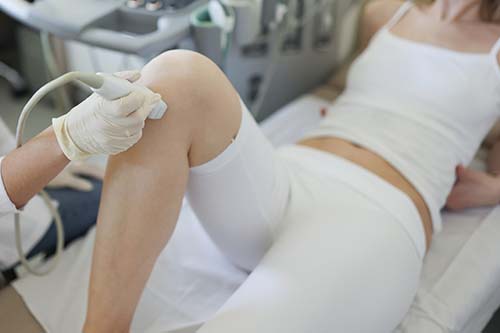
What a Leg Ultrasound Can Reveal About Your Varicose Veins
Ultrasound is one of the gold standard methods for evaluating varicose veins. An ultrasound study produces a comprehensive map of the large and small veins, branching veins, and interconnecting veins of your legs. Ultrasound is often performed as a first step in evaluating varicose veins and also provides valuable follow-up information to monitor the healing […]
Read more »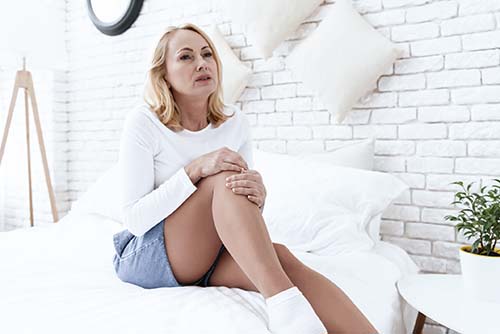
Why Do My Legs Itch, Burn or Feel Heavy? Symptoms of Varicose and Spider Veins, and Their Causes
Symptoms of varicose veins and spider veins can range from barely noticeable to incapacitating and may include sensations such as pressure, heaviness, fatigue, stiffness, aching, and itching. These symptoms can wax and wane depending on various factors and can vary from person to person. Varicose vein and spider vein symptoms can also be confused with […]
Read more »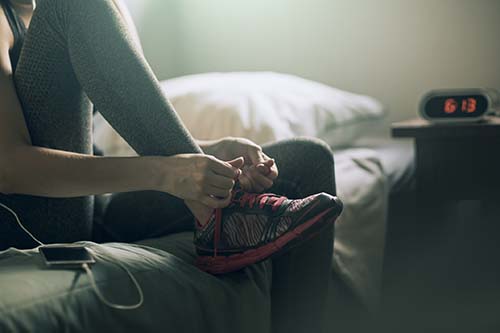
8 Tips to Stay Active When Working From Home for Vein Health
During the pandemic, many employers began offering their employees the option to work from home. This arrangement has worked out well and workers are reporting that they’re happier and more productive than before. However, working from home may also include a loss of healthy habits, like working out at the gym on the way to […]
Read more »